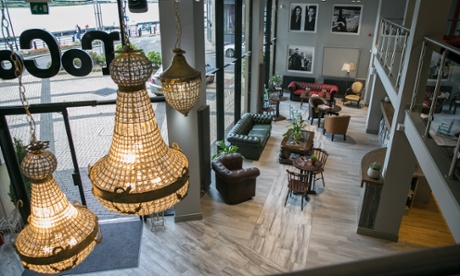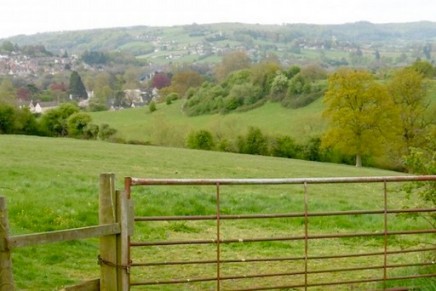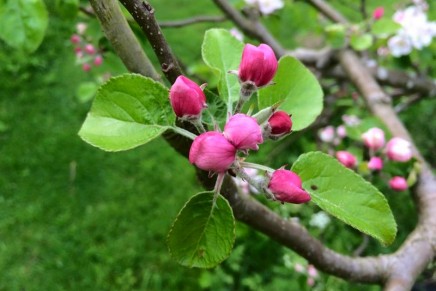Your chances of bumping into a biodynamic farmer who you can question about this form of sustainable agriculture are slim. The amount of land cultivated under biodynamic principles is minuscule compared to conventional agriculture, and even organic – though the Biodynamic Land Trust would love to change this: it offers shares in biodynamic farms and gardens.
But head to a Steiner hotspot like Forest Row in East Sussex and you’ll increase your odds. The community takes its cue from Emerson College, a centre for agroecology that blends science, nature, universal laws and spiritual concerns. It’s worth taking the trip: you may not agree with them, but biodynamic practitioners are rarely dull.
Based on scientist and philosopher Rudolf Steiner’s anthroposophical theories, biodynamics is a “holistic and regenerative farming practice”. As with organics (it is sometimes referred to as organic plus), chemicals and pesticides are eschewed for natural systems. There is a huge focus on composts and manures. Each farm is seen as an individual parcel of land with its own needs. There’s a large variety of planting – and no monocultures.
Growers are famous for planting according to the phases of the moon and burying cow horns filled with “preparations”. Actually there’s method in both these forms of madness: research shows that plants respond differently to different moons, absorbing more water during the full moon, for example. As for the animal horns, silica is extracted from them as the elements break down, maintaining soil fertility.
Wine growers are particularly at home with these cosmic rhythms. Waitrose now stocks 20 biodynamic wines while famous estates such as Château Palmer in Bordeaux are working towards biodynamic status. Meanwhile Whole Foods Market has increased its variety and supply of biodynamic products from cotton to skincare, rice and honey. It’s not just fruit and veg. Look out for the Demeter (named for the Greek goddess of grain and fertility) symbol that certifies biodynamic produce. There is also biodyvin.com for wine.
Ethically, biodynamics is an easy win. As the holistic approach values production, you can taste the quality, and as it’s based on dialogue among farmers, producers, retailers and customers it’s a joy compared to the usual fractured supply chains.

Green crush
In Northern Ireland, Ronan Stewart and Connor Grant have long been on a mission to promote eco-friendly haircare, using organic products in their salon and minimising energy use. But when disaster struck in March 2015 and a fire in a neighbouring building caused them to relocate, they determined to turn disaster into eco-triumph. Newly opened Roco, a breathtaking, sustainable, luxury salon on the Quay, Strand Road, Derry is their response. Never has hairdressing looked this good. Sure there’s low-energy LED lighting and super-efficient heating, but what we really love is the extensive salvaging: even the hairdressing trolleys are made from materials recycled from a local gym. rocohair.com
Greenspeak: super wicked (adjective)
Introduced in the 70s, the word ‘wicked’ pertains to problems that are incomplete, contradictory and changeable. Climate change is classified as ‘super wicked’ in order to highlight its complexity.
guardian.co.uk © Guardian News & Media Limited 2010
Published via the Guardian News Feed plugin for WordPress.





